
Imagine if living in the Capital Region of Baltimore, Washington, and Richmond meant you had easy-to-use, reliable choices to get to a job, to a medical appointment, or to our world-renowned museums. Imagine if moving throughout the corridor from Baltimore to Richmond was so convenient, affordable, and fast that the Capital Region was respected around the globe for its leading, interconnected transportation system.
View this complete Infra Views post...




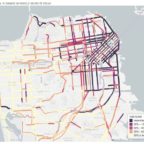
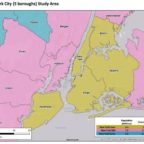
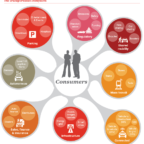
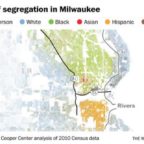
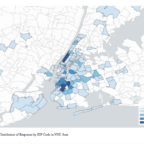
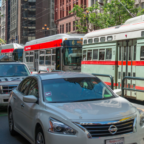
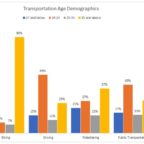
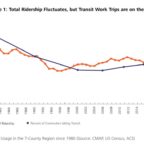
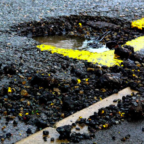

 RSS Feed
RSS Feed